We teamed up with Eliza Lawrence of wasitgoodforyou.co.uk, a website pioneering honest and open conversations about sex. We asked Eliza questions about herself and her incredible project, and in turn, she asked us about ours!
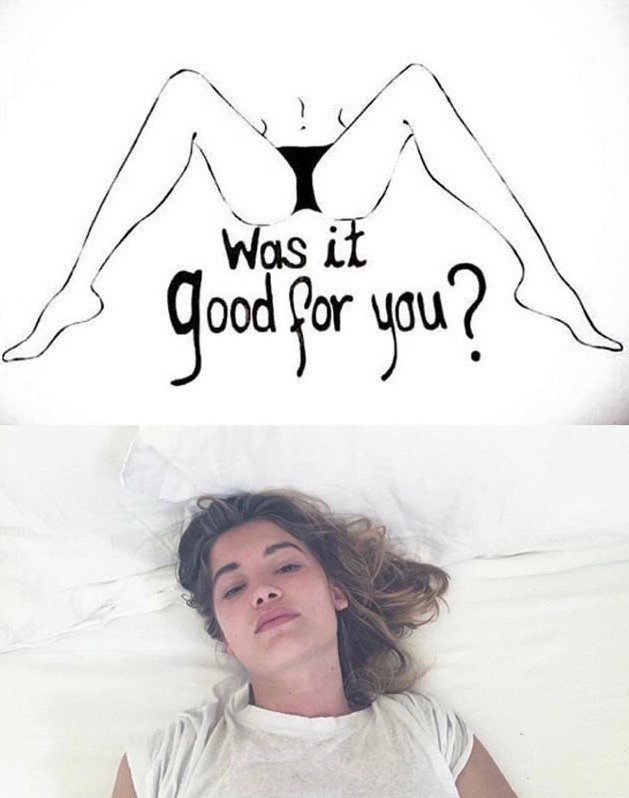
Two websites, Three girls
We teamed up with Eliza Lawrence of wasitgoodforyou.co.uk, a website pioneering honest and open conversations about sex. We asked Eliza questions about herself and her incredible project, and in turn, she asked us about ours! Read all of our answers below:
Why did you choose to contribute your voice to the conversation surrounding sex via your blog?
I wanted to show that I wasn’t copping out of writing or using my craft in order to voice my opinions/ stories also. I think if those that are in charge of the blog itself stay quiet it always lacks something human. Especially when it comes to the topic of sex, one should inspire for people to also elucidate on their intimate stories!

What was it about sex that compelled you to start writing over other topics?
As a writer you can’t go on telling the same stories. You are an investigator. In the darkness and grey of London I saw sex in the alleyways and not in the large streets. Sex was always alluring but as soon as you got too close you often were given a red leather dress and a kinky whip because you were suddenly distasteful and illustrious. I wanted to break these barriers down. These barriers, though, was what ‘compels’ as everyone wants to walk into a bar you have to do a ‘special knock’ too. This ‘special knock’ for the troubled and beautiful world of sex was the most intricate, curious and delicate for me.
Since starting your blog, do you think that you a better equipped to understand and appreciate your own sexuality?
Good question. I think the more you find out and the more you hear about sexuality can make you more able to realise that there are always spontaneous and random things that happen to a persons body. No one experiences the same things but if you listen/ hear or watch a story from my website and feel something similar it makes you feel a sense of warmth towards that experience. You are not alone. When it comes to sexuality I think I’m not quite there on understanding or appreciating but Its much better knowing I can speak about it and others will hold these feelings too.

Do you think boundaries should exist when talking about sex? Is there ever such a thing as too much information?
Yes. I am always saying this. People always misjudge that because I have a ‘sex blog’ it means I am always talking about sex. I often don’t at all. If anything sometimes I am old fashioned and think that what goes on between the sheets should remain private unless the other person involved is there with you talking also. Sex is soo intimate. It should be. It always puts people in vulnerable positions, in good ways and bad ways. ‘Wasitgoodforyou’ was thus always about not so much talking bluntly about sex, but using artistic formats such as poetry, art and so on to talk about sex. Thus it never appears TMI or boundary breaking because one has a mouthpiece still to hide behind.
Do you feel a pressure to share very personal experiences, and if so is it liberating?
It is definitely very liberating and makes you want to do it more. Like being on stage or having crisps. Addictive!
I don’t feel a pressure per se as I am luck to get so many other people sharing their personal experiences which I value soo much. I also don’t want to clutter the website up with just my voice !
You recently wrote a piece about the failures of sex education in the UK, and how we don’t appreciate sex in our society. If we did value sex, what changes do you think it would bring?
I think I will make a list for this one:
More money would be funding research into developing contraception (the pill is still medieval)
It would never seem dirty
Less teenage pregnancies ( I surprised myself that I didn’t get pregnant because I always thought the pull out method is also good because all I had was Tv to learn)
Less infertility ( A lot of my friends don’t know anything about STI’s and as a result have come into dangerous situations )
More money put into clinics. Clinics in the UK are mouldy and always a 5 hours waiting time.
I’d feel better as a woman.

Do you think that we have the wrong idea when we refer to sex as something intimate that should be guarded and cloaked in privacy?
I think both ideas are right. It is not always okay to be completely open as we all have cultural backgrounds that differ that means we find it hard to talk about these things. Or just don’t value it as much. Those that are like this keep it intimate. The other way is to be open and talk a lot about it. Which is good and means we can learn from them. I am a medium of the two!
Whats your opinion on bold and sometimes farfetched sex tips found in magazines such as Cosmopolitan? Do you find them degrading, funny or helpful additions to the conversation?
I don’t know how much people read magazines these days. I wish they did but I don’t see it so much. I know when I was younger GURL TALK was HUGE and I was led to believe that touching a boy meant I was going to get pregnant. No wonder I was a ‘Girls’ person at pre prep! I think it can be helpful thought sometimes as long as it doesn’t come from such a ‘Girly’ perspective as this doesn’t even exist. Also there is a huge lack of help/advice and news surrounding sex for men. Men also need it! Sometimes more. Thats why we have both male and female voices. Also I don’t think Cosmo has caught up on how many opinions there can be. Its 2019 now. There isn’t just ‘men’ and ‘boy’ and
What have you learned about sex since starting your website?
That sex is FUCKing beautiful, dangerous, emotional and delicate.
If you could go through the process of starting your website again, what would you do differently and why?
I think I would devote even more time to it. And have known how to use computers before!

And now for our answers!

Intro about Clitbait blog:
Clitbait is an intersectional feminist website that features articles, artwork, poems and letters of advice to your past self. It aims at combining the positive aspects of the ‘sisterhood’- community, womxn having each other’s backs and sharing experiences and ideas- with the vital necessity to strive for an intersectional feminism. Intersectionality is the idea that social categories, such as class, race, sexuality and disability are interconnected. It is the idea that to look at gender inequality without acknowledging that some womxn face more layers of oppression than others is problematic and ineffective. We have created somewhere where womxn can take up space, have their voices heard and can share valuable feminist reflections with each other.
You call your website an Intersectional Sisterhood. Do you think since you have started this you both have felt the sisterhood is more connected than you thought or there are still so many gaps that leave people out of the sisterhood?
Laila: Since starting Clitbait, I feel a sense of support from a sisterhood than I hadn’t felt as profoundly before. Getting vulnerable online and venting frustrations to a community of largely strangers, who have unfailingly encouraged and engaged with us, allowed me to experience firsthand the strength of the community. But that doesn’t mean to say that we always get it right. We are constantly checking ourselves and consulting others to check whether our content is intersectional. Far too often marginalised communities are further isolated due to oversight, which is something we are trying to educate ourselves on.
Lilah: We are part of a team and an internet community that values equality in all its forms. We are surrounded by others who also try to make a huge effort to be inclusive, particularly those we follow on Clitbait’s instagram. This means that it certainly appears that the sisterhood we are part of is very connected and has the same intersectional focus. But obviously this is not the case throughout the world. Traditional notions of sisterhood tend to be very white feminist and potentially trans exclusionary also. The most famous feminist celebrities are cis, white, wealthy straight women. Many of them do make an effort to make space for others, but many more don’t. I feel that when we all make an effort to take up space but also more importantly to step back to provide space for other womxn, the sisterhood will be connected.

What do you think is the most serious female issue that needs to be discussed at the moment?
Laila: This may seem like a cop-out answer but I think I’m going to have to say lack of equality. It forms the crux of the majority of the problems feminism aims to tackle. I’m not sure whether I’d assign a gender to the problem though, it isn’t exactly a ‘female’ issue. In my opinion, lack of equality does a huge disservice to all genders and the entire spectrum of humanity. And then of course there is climate change, which has to be our priority right now and in the forthcoming years. It won’t ultimately won’t discriminate based on gender but it will be the most vulnerable and marginalised will feel its effects first.
Lilah: It is impossible to decide that one issue is the most pressing. We can’t have a hierarchy of equal rights issues because something always seems to arise that is more shocking and more heartbreaking. We all just have to pick issues that we feel personally most shocked by or connected to and do our best to create change.

Do you think there is a gap In the online conversation world for men to talk about their dilemmas and misrepresentations as well?
Laila: Yes. Both online and offline, there seems to be a lack of space for men to be vulnerable. And it has terrible consequences: men’s mental suicide rates have sky rocketed. Although we would love to make room for male voices or opinions on Clitbait, I don’t know if that’s the right platform for a lot of male issues to be explored. There need to be more spaces, both online and offline, for men to talk to each other.
Lilah: The rise of toxic and chillingly misogynistic online forums (like ‘incel’ -involuntarily celibate- forums) imply that more than ever there is a need for positive online spaces for cis-men to talk. But is is important to appreciate those that already exist, such as ‘Boys Don’t Cry’, which is a podcast by Russell Kane. However, there is no need for some cis-men to criticise safe realms of the internet created for women, trans and non-binary folk. These spaces are for womxn and trans people in particular because they, throughout history have had less of a voice than cis-men. They don’t exist to deprive men of a space but to create a much needed one for womxn.
Do you both feel pressure to carry Clitbait everywhere you go and almost morph into an Agony Aunt in some situations?
Laila: I wouldn’t call it pressure per say. People are definitely more keen to share their struggles but to me it’s just the sisterhood taking form offline. It always feels liberating and empowering to watch a virtual conversation transform into a physical one.
Lilah: I have always loved giving advice to my friends and receiving it also. Those sorts of conversations are incredibly freeing and bring people together. However, lots of people, especially younger girls, feel unable to discuss and ask for advice in the realms of sex, bodies and discrimination in particular. That is why we thought it was so important to create an online space where someone could scroll through and find one of their worries or insecurities answered by somebody who had gone through a similar journey.

Do you think adults/education/ those responsible for you when your younger leave out too much intimate stuff?
Laila: Maybe. Perhaps what they considered ‘intimate’ i would just think of as practical. For example, I don’t think STDs were discussed well during my time at school. But maybe that was considered too intimate a topic to broach. Of course, that makes no sense, so it’s just about questioning my education thus far and challenging it.
Lilah: Even in my left-wing state school sex education was mostly biology. This was with the exception of a few assemblies, such as ‘SEX FM’, which we all found hilarious. LGBTQ+ experiences of sex and relationships weren’t given enough of a discussion until Pride Society in sixth form. I definitely found myself turning to the internet for a lot of the sex and body related questions I had.
What did you wish you knew that you knew before now?
Laila: I wish my education at school had addressed LGBTQ+ issues in a comprehensive way. There are so many gaps in my own knowledge and thankfully starting Clitbait has led to an increased awareness and understanding of the nuances of the subject.
Lilah: I wish I had known that I didn’t need to give into social pressure and expectations. Particularly in regards to body hair and sexual experiences.
What have you learnt the most from starting the website?
Laila: Before starting Clitbait, I think I had internalised a lot of messages from the media about other women being my competition. Starting the website and feeling the support from women resulted in a radical transformation of my own feelings towards Sisterhood. If I ever felt uncomfortable amongst women before, Clitbait has made me feel nothing but awe and admiration.
Lilah: Practically, I feel Clitbait has provided me with the opportunity to grow at managing, organizing and writing. On a deeper level, starting Clitbait has further clarified my values and approach to the world. It has cemented my awareness of my privilege and the need to make space for others and has made me feel part of a wonderful community.

Finally, WAS IT GOOD FOR YOU?
Laila: Not always, but I’m learning to ask for better.
Lilah: It has been empowering at points, messy at others but overall an absolute pleasure.

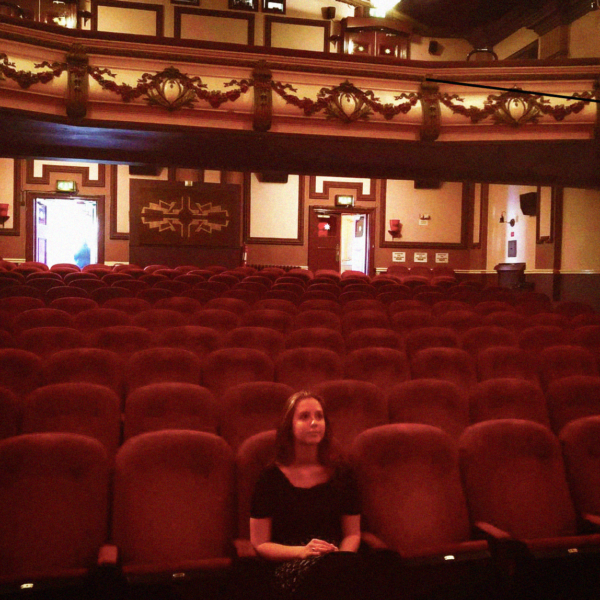
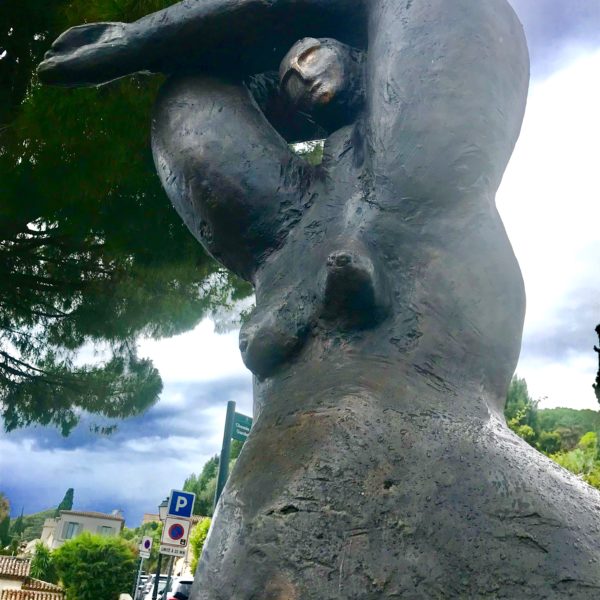
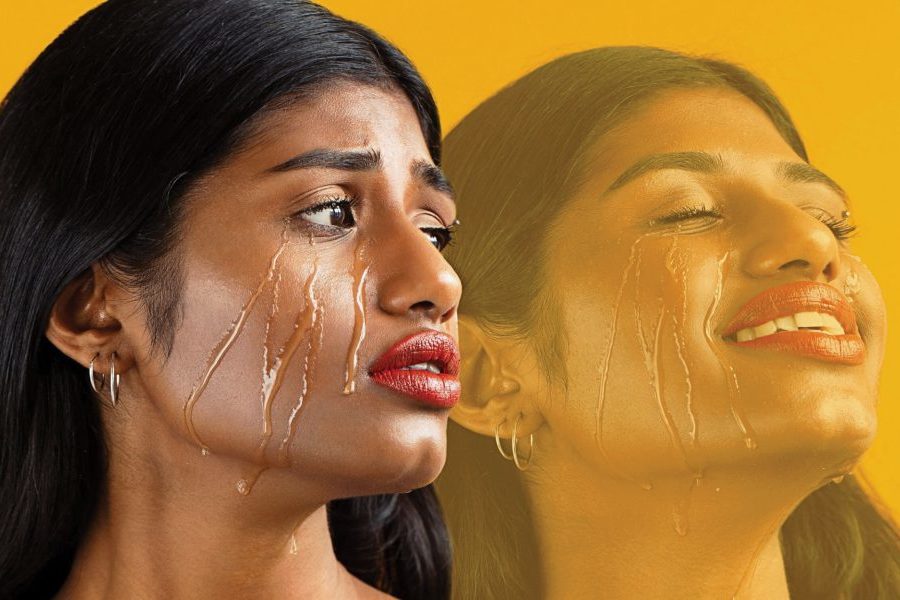
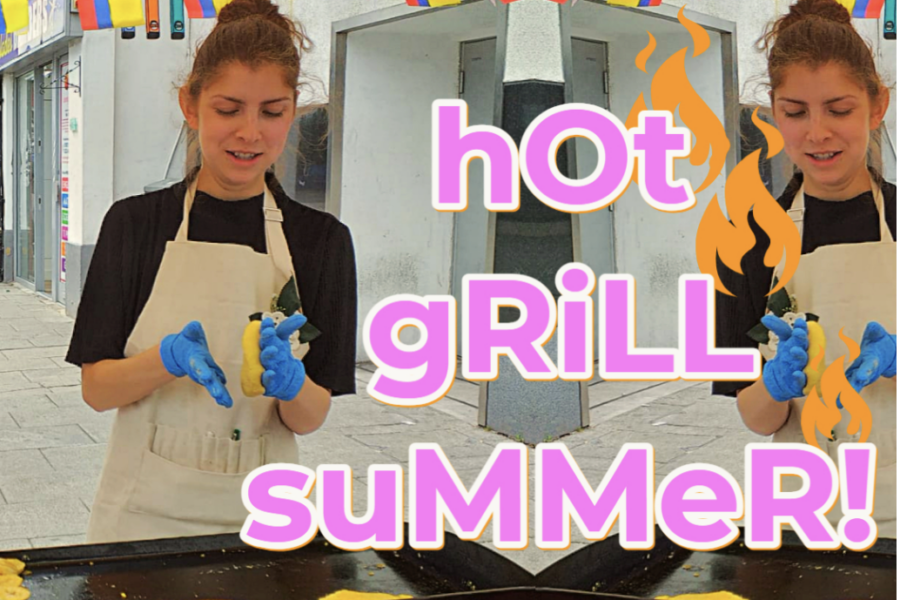

Leave a Comment